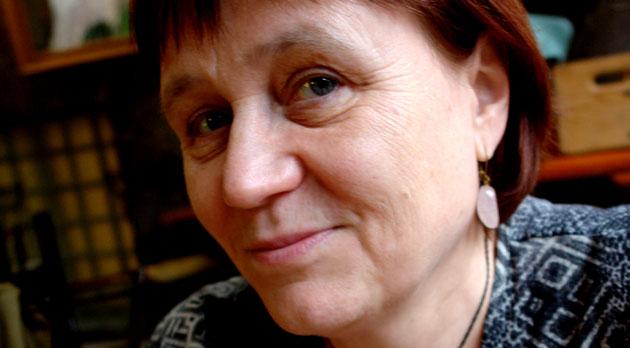Czech Republic: Compensation for illegally sterilized women in negotiation

Last week the Czech Government Human Rights Commissioner participated in a
round table to review the options for compensating women who have been illegally
sterilized. The meeting was convened by the Czech Helsinki Committee and chaired
by its past president, Anna Šabatová.
The round table was attended by other distinguished actors on this issue such
as human rights activist Gwendolyn Albert, Elena Gorolová of the Group of Women
Harmed by Forced Sterilization, lawyer Kateřina Červená of the League of Human
Rights, and representatives of the Ministry of Justice and the Ministry of Labor
and Social Affairs, as well as Marek Szilvasi of the European Roma Rights Centre
and Claude Cahn, a human rights adviser from the Office of the UN High
Commissioner for Human Rights. The experts discussed questions of how to
compensate women who have been illegally sterilized.
The Czech Government Human Rights Commissioner informed the group of the
state of negotiations on a motion from the Czech Government Human Rights Council
to the Government on this issue. Various ministries are currently discussing
that particular motion.
The issue was also raised that most women have been unable to pursue their
compensation claims through the courts because of statutes of limitations. The
final outcome of the round table was that the Czech Helsinki Committee, in
collaboration with the members of this group, will continue its work designing
draft legislation for a compensation mechanism. Support for that mechanism will
then be sought among politicians and the public.
"The compensation should concern the broadest possible circle of victims,
irrespective of their origin, race, etc. Experience from abroad and some
information from the Czech Republic indicate that the women who have been
sterilized without their consent were not only Romani, but were, for example,
women living with disabilities or with some other sort of social difference (e.g.,
dissidents during the communist era). The approach toward all of the victims
should be as considerate and as generous as possible so as to avoid compounding
the harm they have suffered,” says the press release of the Czech Government
Human Rights Commissioner.